Construction of Gender and Identity in Genesis —— The Subject and the Other
----- 创世纪中的性别和身份建构:主体与其他
Karalina Matskevich examines the structures that map out the construction of gendered and national identities in Genesis 2–3 and 12–36. Matskevich shows how the dominant 'Subject' – the androcentric ha'adam and the ethnocentric Israel – is perceived in relation to and over against the 'Other', represented respectively as female and foreign. Using the tools of narratology, semiotics and psychoanalysis, Matskevich highlights the contradiction inherent in the project of dominance, through which the Subject seeks to suppress the transforming power of difference it relies on for its signification. Thus, in Genesis 2-3 ha'adam can only emerge as a complex Subject in possession of knowledge with the help of woman, the transforming Other to whom the narrator (and Yahweh) attributes both the agency and the blame. Similarly, the narratives of Genesis 12–36 show a conflicted attitude to places of alterity: Egypt, the fertile and seductive space that threatens annihilation, and Haran, the 'mother's land', a complex metaphor for the feminine. The construction of identity in these narratives largely relies on the symbolic fecundity of the Other.
{{comment.content}}
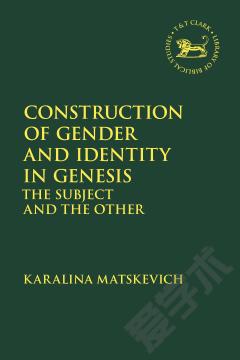

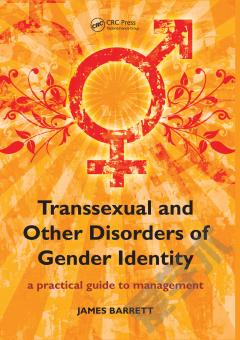

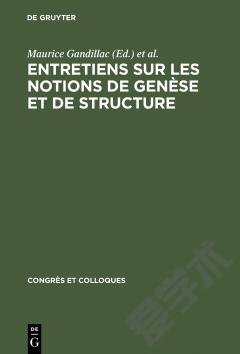
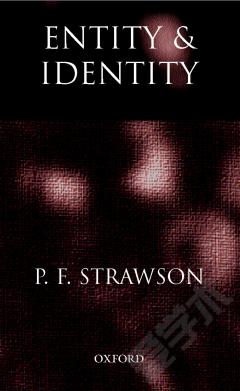
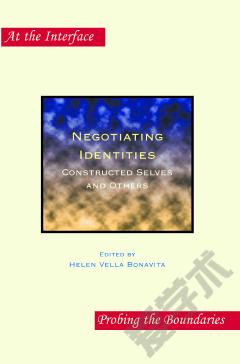

 京公网安备 11010802027623号
京公网安备 11010802027623号